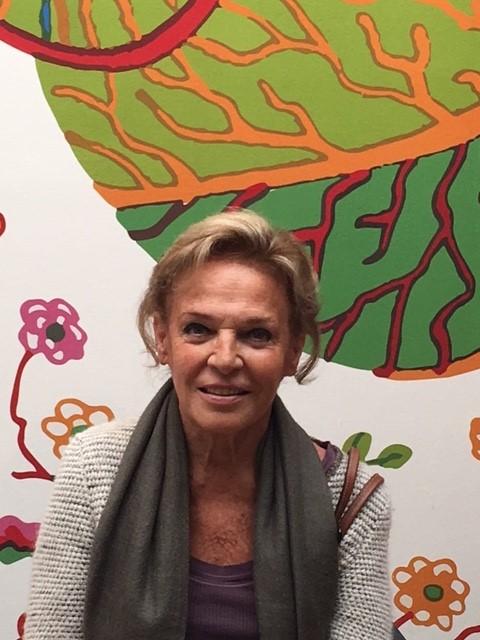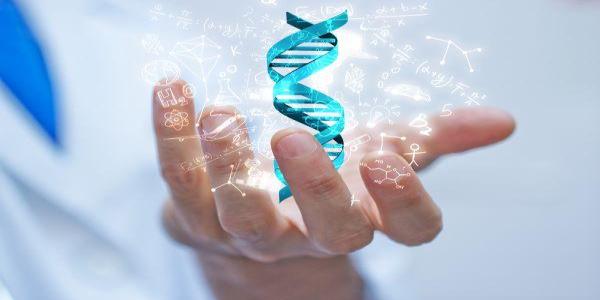Speakers and Abstracts
(Speakers are listed in the order of the programs’ sessions)
17:05 - 17:40 Beyond the Human Genome: The Microbiome. Impact on Health and Diseases

Jacques Beckmann, MD, PhD
Dr. Jacques Beckmann is Professor Emeritus of Genetics & Bioinformatics at the University of Lausanne in Switzerland. Dr. Beckmann was head of clinical bioinformatics at the SIB Swiss Institute of Bioinformatics from 2012 till 2016. He was appointed from 2002 till 2012 as Professor of Human Genetics and Director of the Department of Medical Genetics at the University of Lausanne (UNIL) as well as head of the Medical Genetics Service of the Centre Hospitalier Universitaire Vaudois (CHUV). In these functions, Dr. Beckmann has been involved in the reconstruction and consolidation of the hospital medical genetics service as well as the creation of a new department of Medical Genetics. Dr. Beckmann was also chair of the Department of Molecular Genetics at the Weizmann Institute of Science.
Initially trained in molecular genetics, he then moved to genetics. In the 1980s, he pioneered the use of marker-assisted genetic improvement in plants and animals, focusing on Quantitative Trait Loci (QTLs). His interest shifted in 1990 to human genetics with a move to Paris, where he held successively senior research positions at the CEPH, then Evry, and finally, was involved in the creation of the Centre National de Génotypage in Evry where he served as Deputy-Director.
Abstract
Medical genetics is a fast-evolving discipline. It entailed the building of human (physical, genetic and gene) maps, followed by a gene and mutation discovery phase, and finally by developing strategies how to implement big data into clinical practice. Much remains still to be done, both in terms of genomic unchartered areas – such as assigning clinical and functional weights to the plethora of common and rare genetic variants, as well as population – and individual-specific features. Whilst progress in these areas is evident, we are also confronted with a new reality and challenge, namely that the genome inherited from our parents only carries part of the constitutive information that determines our health and well-being. Among the additional contributing factors, the microbiome, which unlike our genome manifests great dynamic plasticity and complexity, plays an essential role in regulating growth, homeostasis. It is also important in sensing and reacting to the environment, and could also be a major player in disease. Its role and influence on diseases and genetic traits will be discussed.
17:50 - 18:20 Covid-19 Kills more Men than Women

Claudine Junien, PharmD, PhD
Claudine Junien is Emeritus Professor of Medical Genetics, PU-PH of the Paris-Ouest Faculty of Medicine, Paris Descartes University then UVSQ (1988). She created and directed the INSERM U383 “Genetics, chromosome and cancer” research unit at the Necker-Enfants Malades Hospital, Paris (1993-2009). Then she continued her research at INRAE, BDR, Jouy-en-Josas (2009-2021). At the hospital level 1969-2003: She created and then was responsible for the Prenatal Molecular Diagnosis Hospital Service of hereditary disorders. She founded (2012) and was President (2012-2015) of the SF-DOHaD “Francophone Society for Research and Education on the Developmental, Environmental and Epigenetic Origins of Health and Diseases ≈” WWW.sf-dohad.Fr”. Knight of the Ordre du Merit (1995) and of the Legion d’honneur (2000), she is a corresponding member (2012-) of the National Academy of Medicine.
Abstract
Worldwide SARS-COV 2 takes a disproportionate toll (x 1.7) on men with a severe form of Covid-19. Where does this sex-specific vulnerability come from? To provide an initial answer to this essential question this talk will describe approaches to disentangle sex-linked (SLD) and gender-linked (GLD) differences based on comparisons between animal models and human cohorts that help identify genetic or epigenetic mechanisms with either chromosomal and/or hormonal influences. For examples, SLD known to impact response to SARS-COV 2 and progression of Covid-19 were reported in recent scientific articles. Their studies show, in nearly 25% of patients hospitalized for severe Covid-19, a male specific defect in the production or action of interferons which participate in the first-line immune defense against viruses. This raises the possibility that these SLD genes and altered epigenetic marks in immune defenses and other mechanisms could be potential therapeutic target for the treatment or prevention of Covid-19.
